Filter by
SubjectRequired
LanguageRequired
The language used throughout the course, in both instruction and assessments.
Learning ProductRequired
LevelRequired
DurationRequired
SkillsRequired
SubtitlesRequired
EducatorRequired
Explore the MongoDB Course Catalog
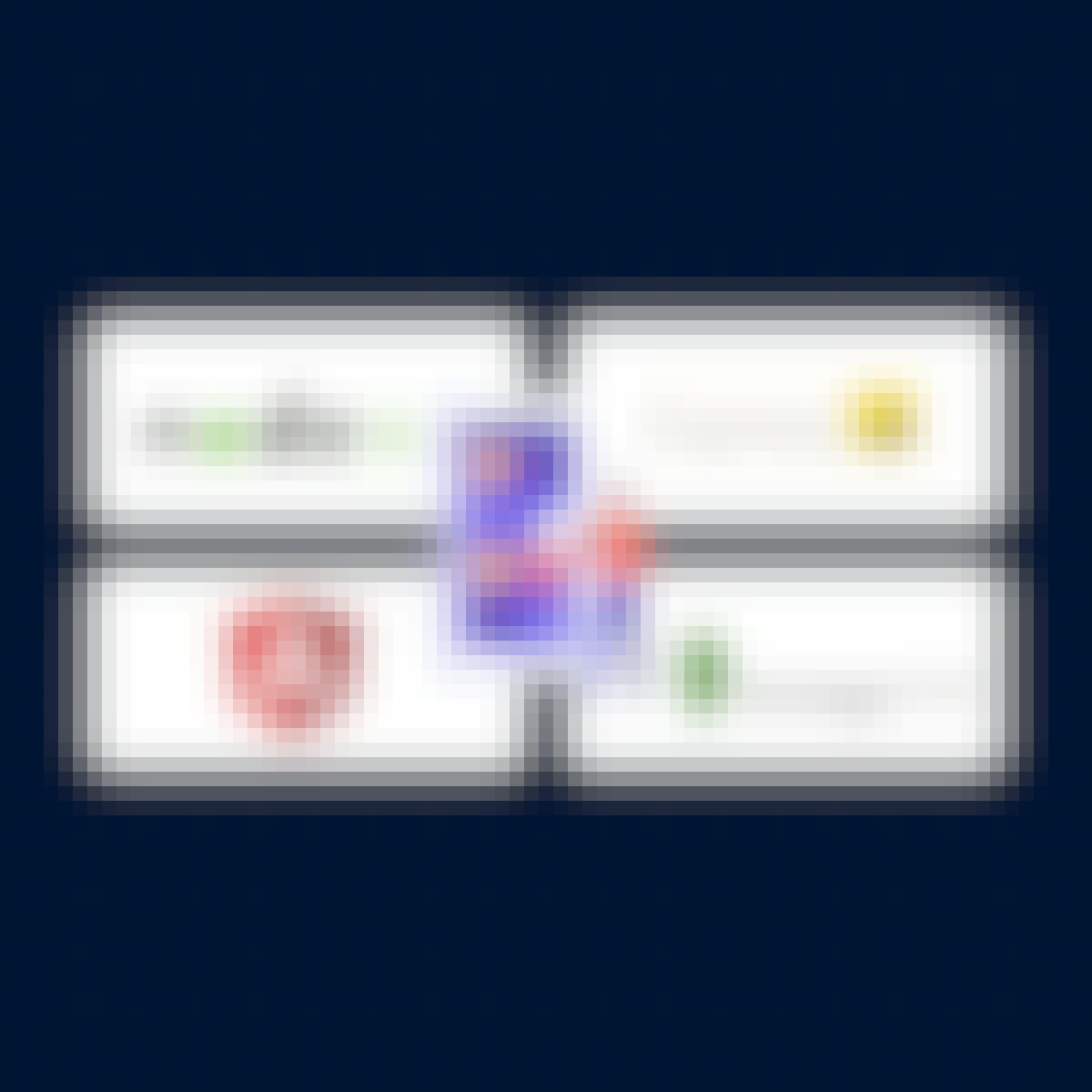


Board Infinity
Skills you'll gain: Angular, Node.JS, Full-Stack Web Development, HTML and CSS, JavaScript Frameworks, MongoDB, Back-End Web Development, Application Frameworks, Javascript, Maintainability, Restful API, Web Development Tools, Application Deployment, Front-End Web Development, Application Development, Authentications, Web Design and Development, Web Applications, Web Development, Application Programming Interface (API)

Skills you'll gain: Cloud Applications, GraphQL, Google Cloud Platform, Application Deployment, Angular, MongoDB, Cloud API, Authentications, Natural Language Processing

Skills you'll gain: SQL, Databases, Stored Procedure, Relational Databases, Database Design, Query Languages, Database Management, Data Analysis, Jupyter, Data Manipulation, Pandas (Python Package), Transaction Processing


University of Colorado Boulder
Skills you'll gain: SQL, Database Design, Database Management Systems, NoSQL, Data Warehousing, Database Theory, Relational Databases, Database Management, Database Architecture and Administration, Query Languages, Databases, Data Modeling, Data Analysis, MongoDB, Big Data, Apache Cassandra, Data Integrity, Data Manipulation, Data Processing, Transaction Processing
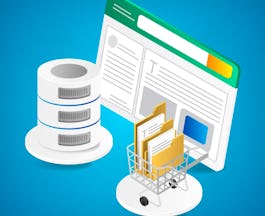 Status: Free
Status: Free
Edureka
Skills you'll gain: MongoDB, NoSQL, Database Systems, Database Management, Databases, Database Design, Data Wrangling, Data Modeling, Performance Tuning, Data Manipulation, Analytics, Data Cleansing, Data Transformation, Data Security, Scalability

Skills you'll gain: NoSQL, MongoDB, Flask (Web Framework), Application Deployment, Databases, Back-End Web Development, Django (Web Framework), Cloud-Native Computing, OpenShift, Cloud Applications, Microservices, Kubernetes, Web Applications, Docker (Software), Application Development, Business Logic, Systems Integration, Restful API, Data Modeling

Skills you'll gain: Dashboard, Data Storytelling, Data Warehousing, SQL, Data Presentation, Data Governance, Data Security, Data Migration, Database Design, Interactive Data Visualization, Descriptive Statistics, Data Mining, Cloud Storage, Data Visualization Software, Extract, Transform, Load, IBM DB2, Data Management, Relational Databases, MySQL, Excel Formulas


Duke University
Skills you'll gain: Pandas (Python Package), Bash (Scripting Language), Version Control, Jupyter, Linux Commands, Shell Script, Git (Version Control System), Linux, Web Scraping, Linux Administration, Data Manipulation, MySQL, Microservices, AWS SageMaker, SQL, JSON, Scripting, Cloud Engineering, Command-Line Interface, Development Environment
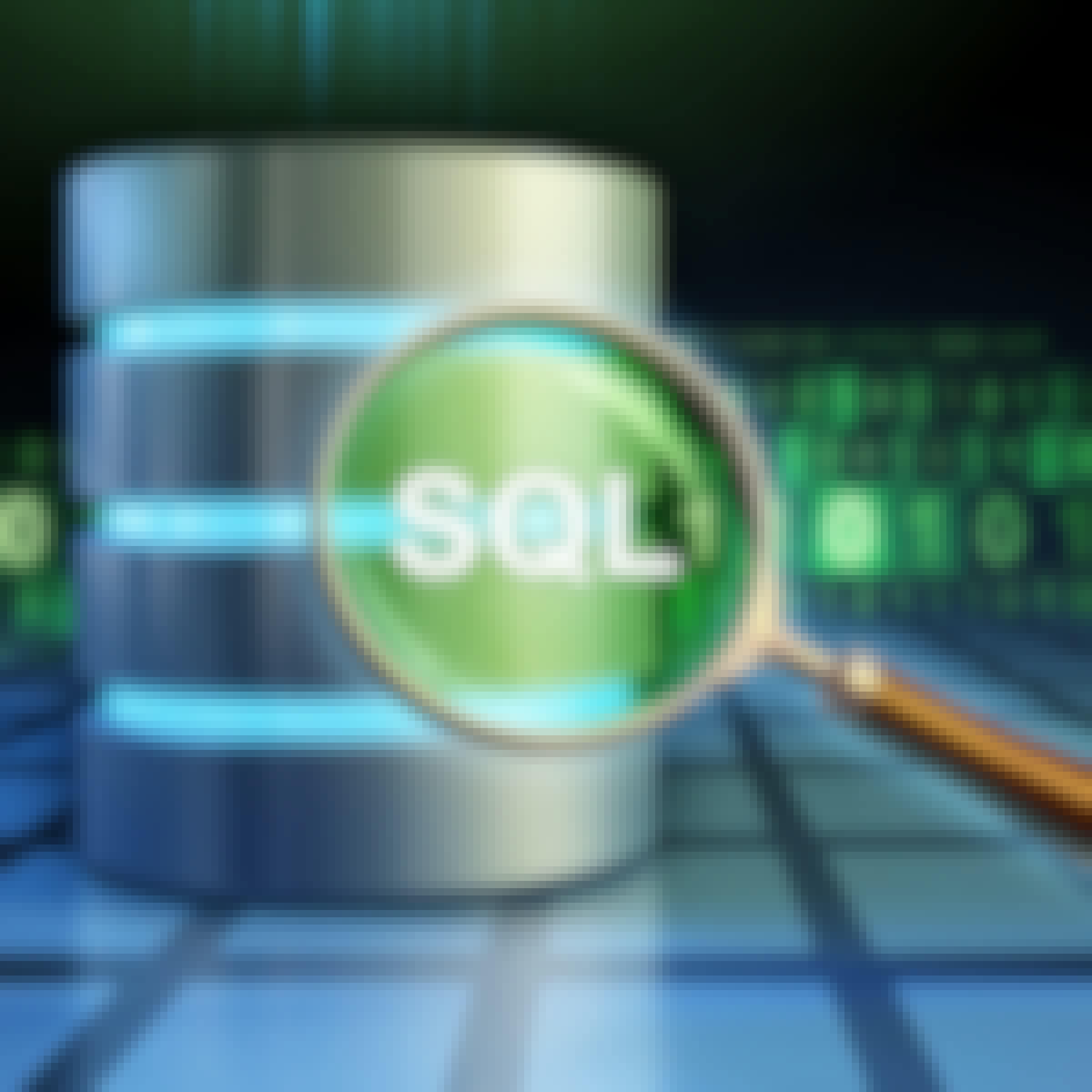
Skills you'll gain: SQL, Stored Procedure, Relational Databases, MySQL, Microsoft SQL Servers, Query Languages, Database Management, Databases, Cloud Management, IBM DB2, Data Manipulation, Data Analysis, Transaction Processing
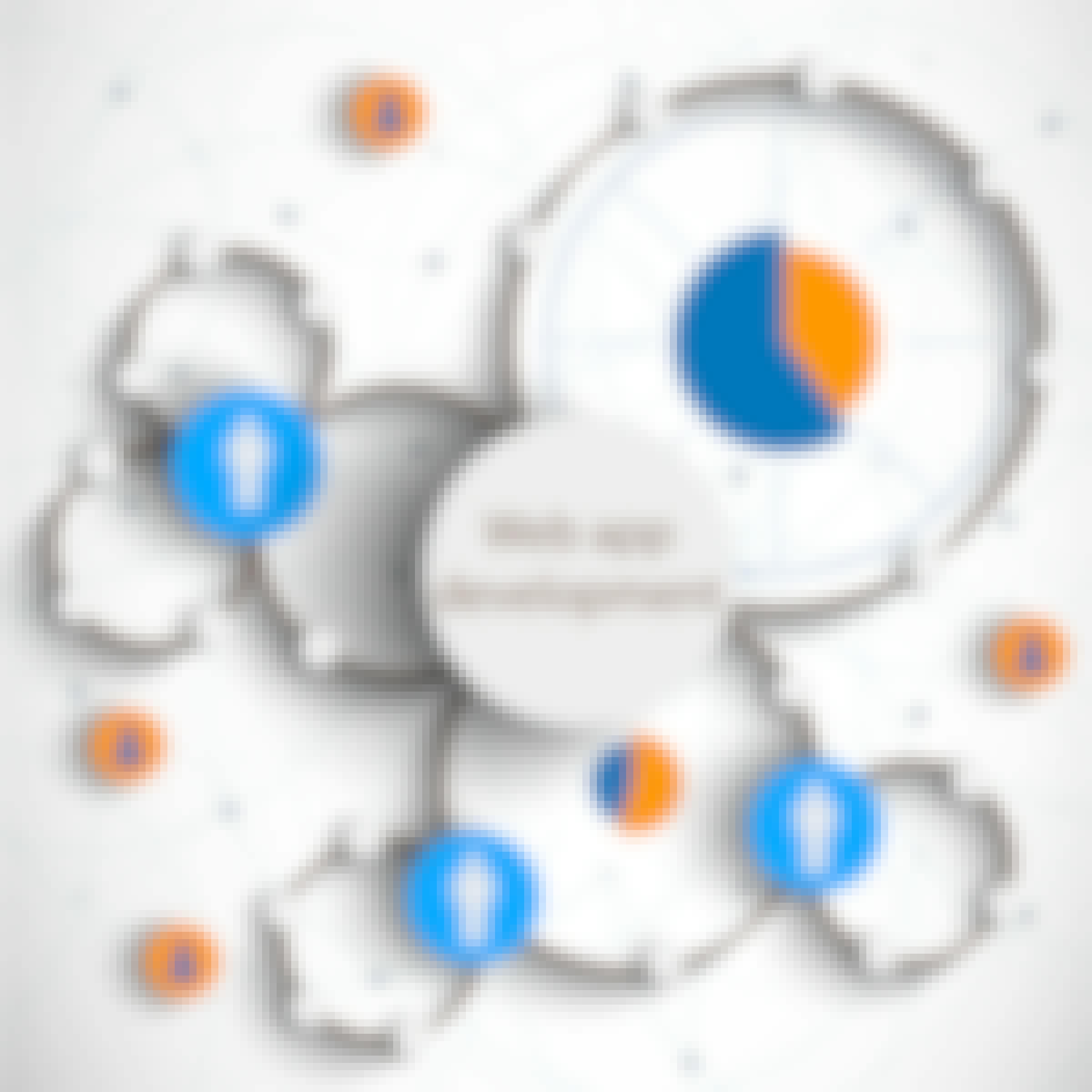

University of London
Skills you'll gain: User Accounts, MongoDB, Command-Line Interface, Web Applications, Web Development, Javascript, Database Systems, Data Access, Data Validation, Application Frameworks, User Interface (UI)
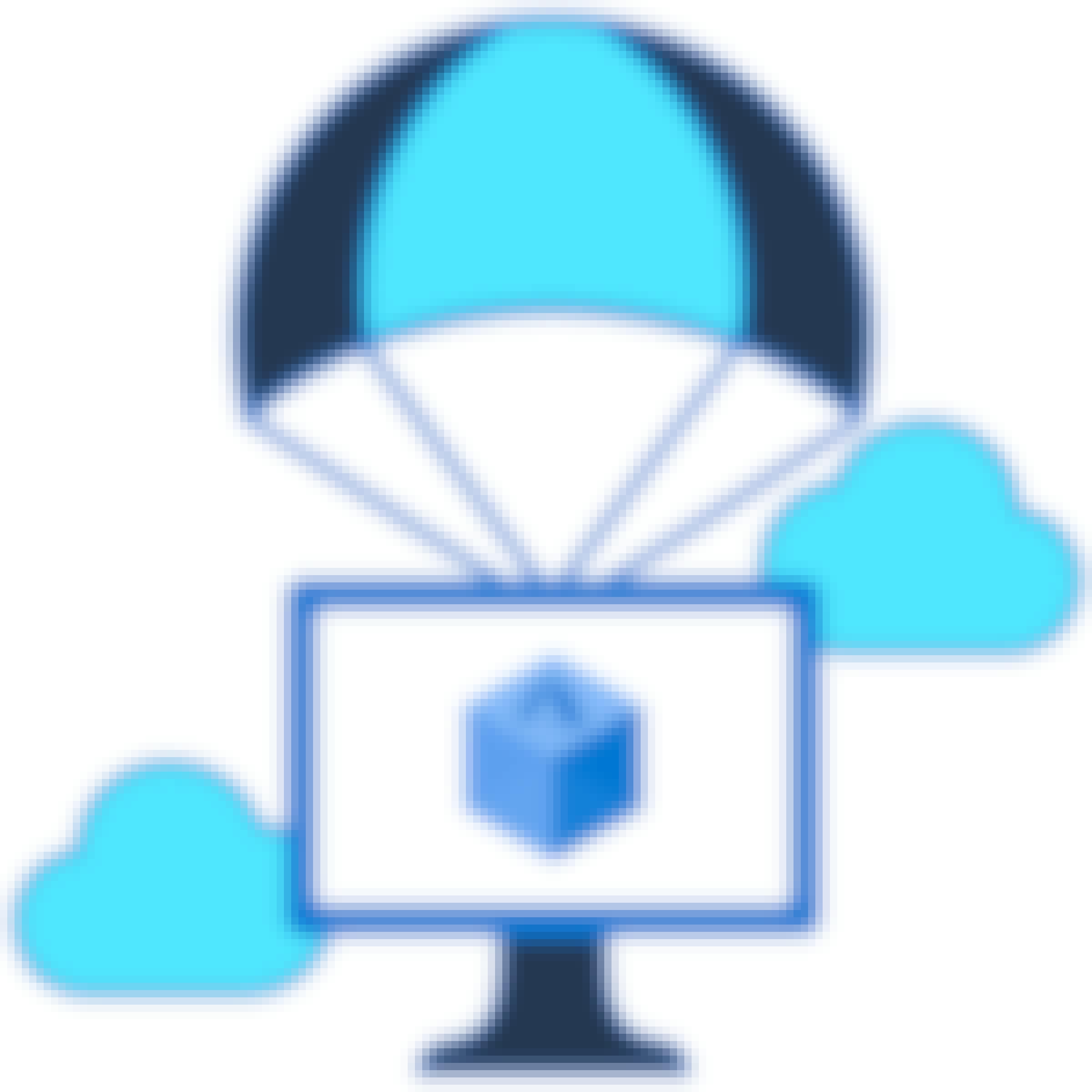
Skills you'll gain: Microsoft Azure, Virtual Machines, Cloud Development, Infrastructure As A Service (IaaS), Cloud Computing, Application Deployment, Linux, Angular, Web Applications, Node.JS, MongoDB
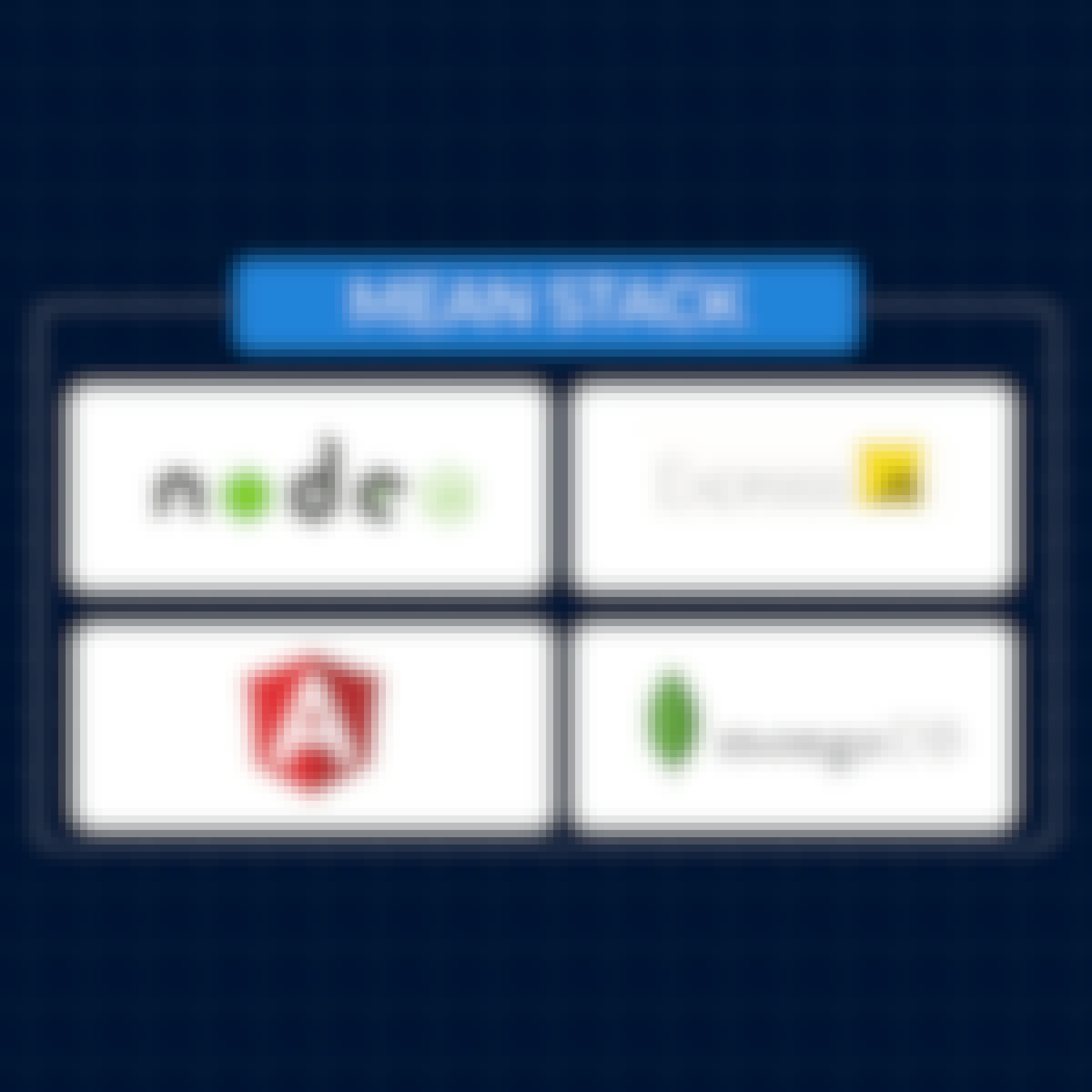

Board Infinity
Skills you'll gain: Full-Stack Web Development, Node.JS, Back-End Web Development, MongoDB, Application Deployment, Front-End Web Development, Restful API, Application Development, Authentications, Web Design and Development, Web Applications, JavaScript Frameworks, Angular, Authorization (Computing), Real Time Data, Application Security, Scalability, User Interface (UI) Design
In summary, here are 10 of our most popular mongodb courses
- Learning MEAN Stack by Building Real world Application: Board Infinity
- MongoDB Atlas with Natural Language API and Cloud Run: Google Cloud
- Databases and SQL for Data Science with Python: IBM
- Databases for Data Scientists: University of Colorado Boulder
- Data Wrangling with MongoDB: Edureka
- Back-end Application Development Capstone Project: IBM
- IBM Data Management: IBM
- Python, Bash and SQL Essentials for Data Engineering: Duke University
- SQL: A Practical Introduction for Querying Databases: IBM
- Web Application Development with JavaScript and MongoDB: University of London













